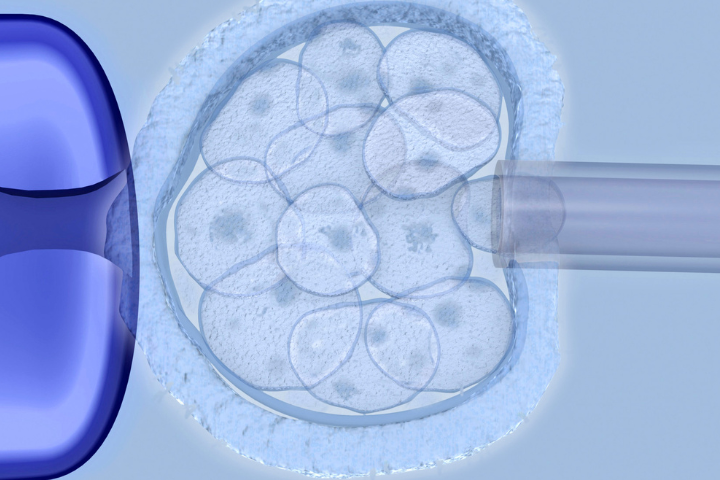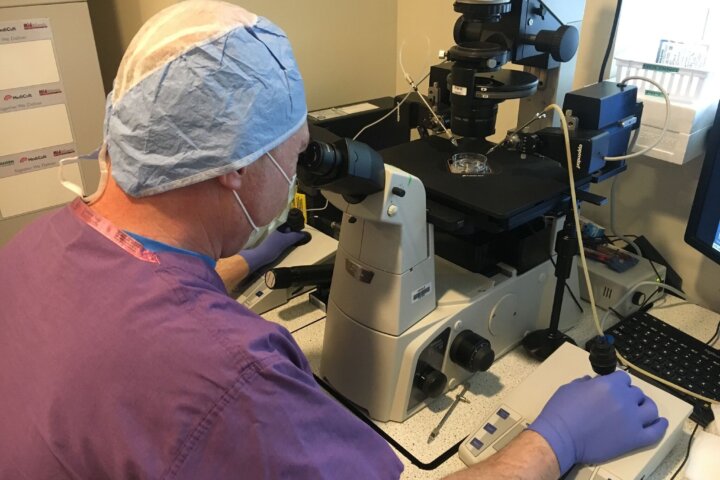Genetic carrier screening is a valuable tool for prospective parents to understand their genetic health. It informs individuals about the potential risks of passing on inherited conditions to their children. This non-invasive test can identify whether an individual is a carrier for certain genetic disorders.
Why should you have a genetic carrier screening?
Every individual carries two copies of most of their genes—one inherited from each parent. In some cases, people may unknowingly carry genetic mutations that could be passed on to their children. These mutations are often recessive. This means that both parents must carry the same gene mutation for a child to inherit the condition. Carrier screening helps identify these genetic mutations before pregnancy, providing valuable information to help manage any potential risks.
How is carrier screening performed?
Carrier screening is typically performed by analyzing a blood or saliva sample. The process is quick and painless, and results are usually available within a few weeks. Many healthcare providers offer screening panels tailored to the individual’s or couple’s ethnic background or personal health history, as some genetic conditions are more prevalent in certain populations.
Why is carrier screening important?
If carrier screening reveals that both partners are carriers for a specific condition, there are several steps they can take to understand and manage the risks. A genetic counselor can help interpret the results and offer guidance on reproductive options, including:
- Preimplantation Genetic Testing (PGT): This option allows for embryos to be tested for genetic conditions before being implanted during in vitro fertilization (IVF).
- Prenatal Testing: If pregnancy occurs, options like amniocentesis or chorionic villus sampling (CVS) can provide a clearer picture of the baby’s genetic health.
- Alternative Family Planning: For some couples, adoption or the use of a sperm or egg donor may be viable alternatives.
Common FAQs
- Is carrier screening only for couples with a family history of genetic disorders? No, carrier screening is recommended for all couples, regardless of family history. Many genetic conditions occur randomly and may not be part of a family’s medical history.
- Will the results of carrier screening affect my ability to have children? It does not impact fertility, and many reproductive options are available to address any risks identified.
- Is carrier screening covered by insurance? Coverage varies by insurance provider and plan. Consult your insurance provider and healthcare provider for more information.
Genetic carrier screening is a powerful tool for prospective parents. It offers valuable insights that can help guide decisions and reduce the risk of passing on inherited conditions. By understanding the process and its implications, you can approach family planning with confidence, knowing that you have the knowledge and support to make the best decisions for you and your future children.
For more information check out our on-demand webinar:
Advances in genetic carrier screening

If you would like to learn more about GENESIS Fertility New York or are ready to schedule an appointment, please speak with one of our representatives at 929-605-5467.






